WASHPO: The Ruling Class; Home rule made the people's choices count. But now, the people need better leaders to choose from
I LOVE Ward 8. I really, really, love Ward 8 but sometimes I will witness something either involving myself or someone else and I am again reminded of this really great article written in 1994 by Colbert King of the Washington Post Editorial Board. I posted this article in full ( bad Advoc8te) at the begining of the year and I am going to include a link below and an excerpt. Fingers crossed the WashPo takes pity on my poor little blog and doesn't sue me into the poor house for posting it in full but it's one of those really great articles that deserves to not just be read but absorbed.
Hopefully it will initiate some dialogue today.
Click HERE to read the full article.
EXCERPT
The 20-year exodus from the city has cost the District plenty, and not just in terms of lost jobs and tax revenue. The District also has been losing residents with the wherewithal to contribute time, talent and treasury to this city -- its middle class. They are the people who worry about schools, taxes, their families and home values, and therefore tend to regard voting as a serious civic responsibility. And their departure has left the city weakened -- saddled with political parties bordering on dysfunctional, office-seekers beholden to narrow slices of the city, and a voting bloc of disproportionately poor, less-educated residents who are most susceptible to the activist turned self-serving politician -- the kind of candidate who, at bottom, exploits community adversities for his or her own political advantage. Add to that the ability of this kind of "leader" to scare off potential rivals by ruthlessly invoking class differences and making blatant appeals to fear and racial loyalty, and it becomes easier to understand why the District's political class is collectively second-rate, and singularly unequipped to deal with the complex social, political and economic problems confronting the city. The District's leadership deficit has not yet been fatal to home rule. It has, however, retarded the development of the kind of officials and institutions needed to save, if not more fully promote, self-government. Moving the District to the point where it has a cadre of citizens who can both get themselves elected and efficiently manage a multibillion-dollar government enterprise will require a transformation in the way in which this city looks at politics and the expectations it has of its leaders.
There are several keys to deepening the city's political culture and producing a higher grade of contenders for elective office. For starters, a public school system that turns out graduates who can't read, count well or think critically is an abiding threat to home rule. If education is an important contributor to voter participation and turnout -- and it is -- then the public school system has fallen down on the job. A national capital that produces well-trained, high-achieving students will soon have a well-informed electorate -- the bedrock of democracy. So the first step is in the classroom.
Residents must also begin selecting their leaders from among candidates who hail from a solid financial base. The days of electing people whose council or school board seat represents the first steady paycheck they've ever seen must end. That means residents will have to start searching for candidates with records of success in business, law, public administration, education, or experience in managing large enterprises. The District government, even with downsizing and operational efficiencies, remains a wide-ranging, high-priced undertaking. It can no longer afford to be led by unprofessional or unbusinesslike politicians. Getting there will require applying tougher criteria to the field. The candidate blessed with "folk wisdom" and a union with "the community" may be well suited to some activities. But a different set of tools is needed to deal with the liquidation of deficits or to decide which investments in technology, new skills and economic development will benefit the District's work force over the long haul. Of course, future District politicians must continue to connect with people on a personal level if they hope to win office. That comes with the territory. But meeting the community's needs and aspirations will demand a new breed of political leader who not only relates well to people across the board, but also appreciates the working of short-term and long-term capital markets, the need to sustain a viable tax base, the critical importance of maintaining investments in public education, and the relationship between revenue and spending.
For more Congress Heights and River East news visit The Congress Heights Examiner website, http://www.examiner.com/x-13507-Congress-Heights-Community-Examiner
Share on Facebook

